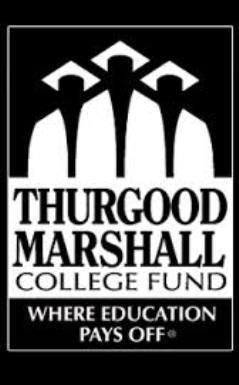
Beginning with a small pilot roll-out in the spring and progressing to full implementation in summer 2015, the partnership is being touted as a potential answer to continued HBCU competitiveness in the higher education marketplace.
Thurgood Marshall College Fund president and CEO Johnny Taylor Jr. is hopeful the move will prove to be a way to help curb enrollment challenges and improve retention and graduation rates at HBCUs by enabling students to complete their course loads faster.
“It became very clear to me as we’ve had a number of discussions about the long-term viability of HBCUs, that we were going to have to look at new ways to grow market share,” said Taylor. He said that, as the landscape started to shift to make place for online learning five years ago, it occurred to him that “from a purely competitive, business standpoint, [HBCUs were] going to lose if we didn’t … find a way to enable technology to teach, because that’s just where this generation is—and I’m not talking about millennials, I’m talking about” adults who may want to return to pursue additional degrees while managing their careers.
Tuskegee alumnus and University of Phoenix CFO Byron Jones was onboard with the initiative almost from the time he landed at the University of Phoenix 18 months ago. Saying he surveyed the technological infrastructure and began to consider the capacity it could provide to HBCUs—of which he, his wife and many members of his family are all products—it occurred to him that being able to offer classes online could provide a huge advantage for the schools, but he realized that, in terms of resources, it may be difficult for many of them to do that.
In addition to the flexibility offered by taking courses online—perhaps during the summer while completing internships or in a semester in which all sections of a required course are full—Taylor believes the partnership could open up entirely new course offerings for HBCU students. Imagine, for instance, a student at Ft. Valley State University in Georgia being able to enroll in successive sections of Mandarin, which the school may not have the demand to offer, to fulfill the university’s language requirement.
Key, Taylor said, is that the courses are being offered through the home university.














